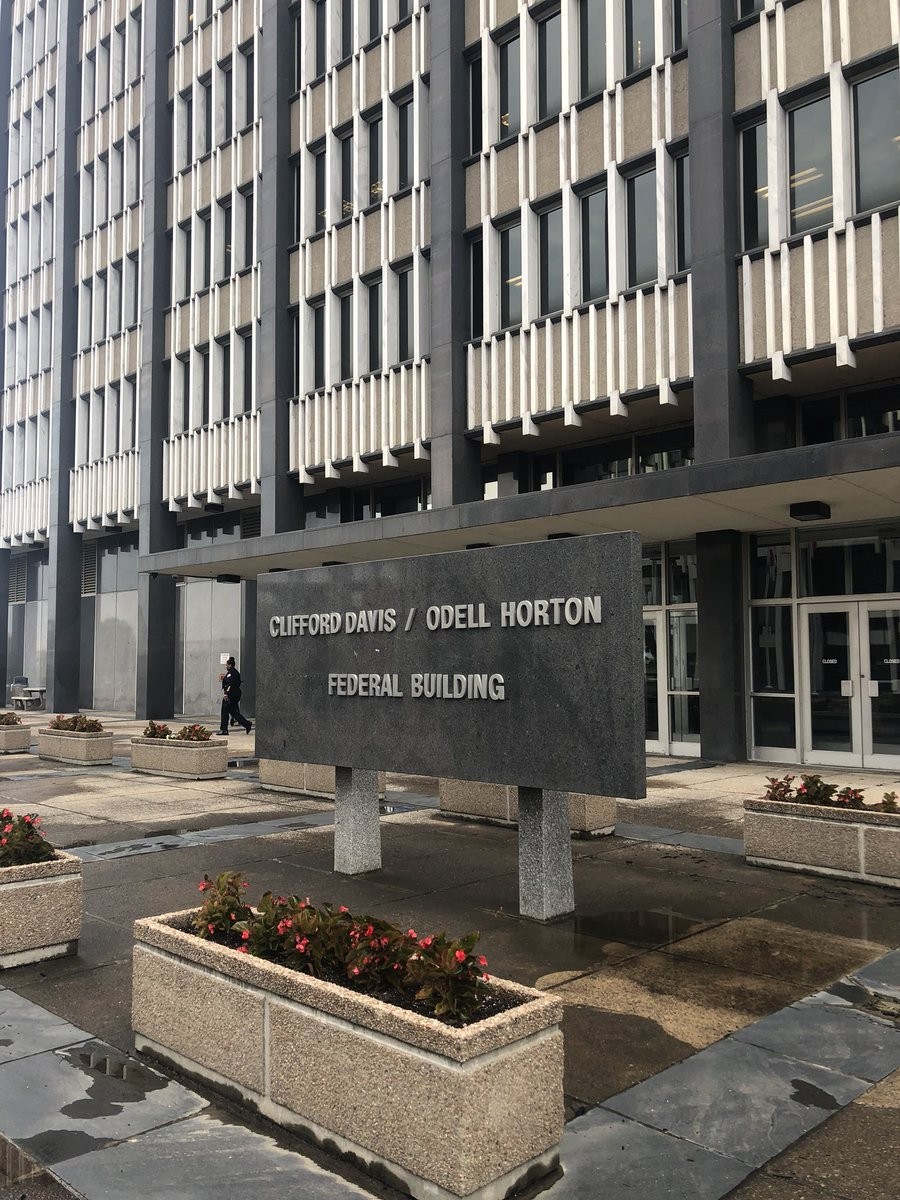
Arguments began Monday in a trial to determine whether or not the city of Memphis violated activists’ First Amendment rights with a system of surveillance that included extensive monitoring of social media.
U.S. District Judge Jon McCalla will ultimately decide whether or not city leaders violated a 1978 consent decree entered in Kendrick v. Chandler. The order was meant to stop the city from gathering intelligence and surveillance on people engaged in protected free speech activities. Specifically, the decree prohibits political, covert, and electronic surveillance, as well as harassment and intimidation.
Opening arguments on Monday focused on whether or not the American Civilc Liberties Union of Tennessee (ACLU-TN) — as it exists today — was the plaintiff in the 1976 complaint involving Chan Kendrick, an ACLU official at the time.
Lawyers for the city argued that the ACLU-TN was not a party in the Kendrick complaint, and therefore did not have standing in the present case. They presented close to 20 historical memos to prove that today’s version of ACLU-TN didn’t exist in 1978 and questioned Hedy Weinberg, current executive director of ACLU—TN.
With that, Buckner Wellford, one of the city’s attorney representing the city asked the judge to rule on the ACLU-TN’s standing, a move that could have ended the trial. But McCalla said that’s an issue that should be thoroughly considered before making a decision.
“This is a really important issue to the case,” McCalla said. “It’s more important to get it right than to get it fast.”
Should the judge decide the ACLU has standing, Thomas Castelli, counsel for the ACLU-TN said the other key issues to be decided are:
• Whether the city is in contempt of the 1978 consent decree by learning about protests through social media.
• Whether the city infiltrated activist groups for the purpose of political intelligence.
• Whether photos of protesters were taken for the purposes of political intelligence.
• Whether the city contacted protest organizers to chill their first amendment rights
• Whether the city made the process for obtaining permits for protest harder than for other events.
Castelli said most of plaintiff’s evidence will be from a time period between Spring 2016 and 2017, when protests occurred at the Memphis Zoo, Valero Memphis Refinery, the Hernando de Soto bridge, and Graceland.
Wellford said his team will aim to reveal the motivations of the Memphis Police Department (MPD) and prove there was no ill-intent or attempts to stymie First Amendment rights. In his opening statement, Wellford said MPD’s main motivation for monitoring activists has been to ensure public safety.
“July 2016 was probably the most tumultuous month in Memphis since the assassination of Dr. Martin Luther King in modern times,” Wellford said, citing the bridge protest, the police shooting of Darius Stewart, and other incidents that had occurred around the country.
The threats were “real and tangible,” Wellford said.
McCalla told Wellford that no one disagrees with those facts, but that “they aren’t central issues to the case.”
“Public safety is important, but we can’t lose sight of why we are here,” McCalla said. “The case is about whether or not the city complied with the consent decree.”
As of press time, court was set to resume Monday afternoon. The second witness, MPD Sgt. Timothy Reynolds, was to return to the stand. Reynolds was instrumental in creating the undercover social media account of “Bob Smith,” which was used to monitor the moves of activists.